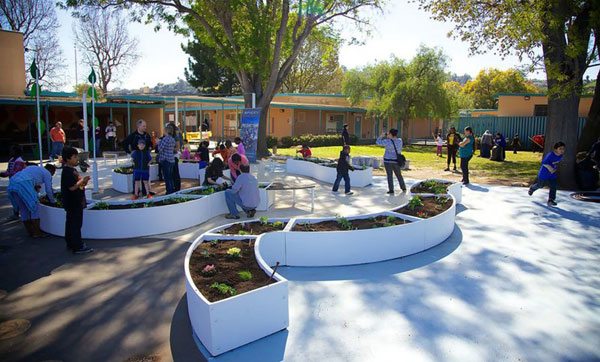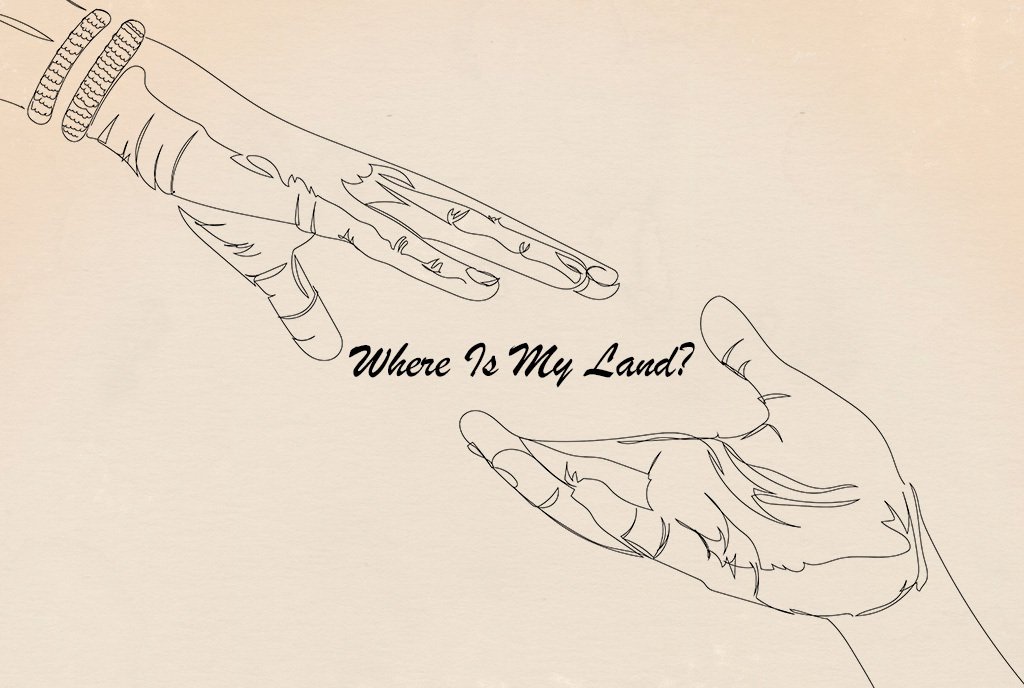
January 17, 2018; Business Insider
Kimbal Musk, Elon’s younger brother, is bringing his mission to expand access to fresh produce and nutrition to scale. His Denver-based nonprofit, Big Green, is opening 100 “learning gardens” in Detroit in April, after successfully expanding to Indianapolis, Pittsburgh, Chicago, and other cities across the country.
Big Green was launched as Learning Gardens in 2011, partnering with local Colorado schools and philanthropists to build outside gardens that served as classrooms for children to learn about science, the environment, and nutrition. Studies have shown that these types of outdoor experiential learning programs improve student social and emotional development, test scores, and overall health. Despite the broad sweeping positive outcomes, they are still a fairly rare component of classroom learning. Often considered outside the core curriculum, they are the last programs to get funded. If they are funded, it is often by parents in private, wealthier schools, such as The Waldorf School in Boston. They’re rare in the underfunded public school system, and an afterthought in test-and-results driven charter schools. Local nonprofits, such as Learning Gardens and Boston-based CitySprouts, have tried to make these programs more accessible to public school and low-income students.
In Musk’s opinion, those are the students who need these programs the most. Junk food, he states, is “funneled to low income communities” as cheap calories, and results in early unhealthy practices and severe long-term health issues for kids.
Sign up for our free newsletters
Subscribe to NPQ's newsletters to have our top stories delivered directly to your inbox.
By signing up, you agree to our privacy policy and terms of use, and to receive messages from NPQ and our partners.
In some low-income communities, nearly 40 percent of kids will go into kindergarten [overweight or] obese. That’s just unforgivable. That’s not something they did to themselves—it’s something we did to them. It’s time that we realize that it’s a human right to understand what we are putting in our bodies.
In Musk’s recent announcement of his ambitious plans for Big Greens, he shares the story of a Chicago girl who, after “getting her hands dirty” in a South Side learning garden, reversed the pre-diabetic diagnosis she was given by a doctor earlier that year.
Musk is setting his sights on all 100,000 schools in the country, appealing to donors, educators, and parents to support his vision of real food education. To date, his expansion has been fueled by local companies and donors, such as Gordon Food Service, the Pistons, and philanthropist Carole Ilitch in Detroit. One of the largest questions facing Musk on his determined path will be how to soften the mold of the public education system and integrate this garden-style learning so it may sustain itself beyond the energy of impassioned donors.—Danielle Holly












